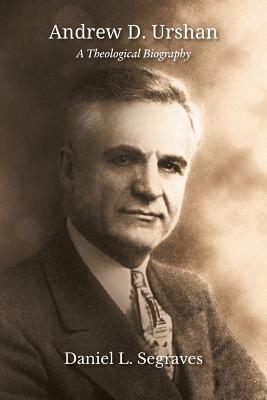Andrew David Urshan has been identified as one of the pioneers of early twentieth century Oneness Pentecostal theology. Urshan was prepared by his social context and theological background to make a unique contribution to this segment of Pentecostalism, sometimes referred to as Pentecostalism's third stream. Urshan is the only one whose origins are found in the eastern rather than the western world. The cultural influence of his Assyrian-Chaldean heritage in Persia, the theological influence of Syrian Christianity, and the spiritual influence of his Presbyterian home all combine with his American experiences among holiness and Pentecostal believers to shape him as one whose focus was a theology of lived experience. Andrew D. Urshan developed a comprehensive theological outlook touching on most doctrinal loci that reflected his Oneness Pentecostal convictions while continuing to acknowledge the legitimacy of the spiritual experiences of those Christians with whom he did not agree. His example provides a model for dialogue between today's Oneness and Trinitarian Pentecostals as well as between Pentecostals and non-Pentecostals.

Andrew David Urshan has been identified as one of the pioneers of early twentieth century Oneness Pentecostal theology. Urshan was prepared by his social context and theological background to make a unique contribution to this segment of Pentecostalism, sometimes referred to as Pentecostalism's third stream. Urshan is the only one whose origins are found in the eastern rather than the western world. The cultural influence of his Assyrian-Chaldean heritage in Persia, the theological influence of Syrian Christianity, and the spiritual influence of his Presbyterian home all combine with his American experiences among holiness and Pentecostal believers to shape him as one whose focus was a theology of lived experience. Andrew D. Urshan developed a comprehensive theological outlook touching on most doctrinal loci that reflected his Oneness Pentecostal convictions while continuing to acknowledge the legitimacy of the spiritual experiences of those Christians with whom he did not agree. His example provides a model for dialogue between today's Oneness and Trinitarian Pentecostals as well as between Pentecostals and non-Pentecostals.